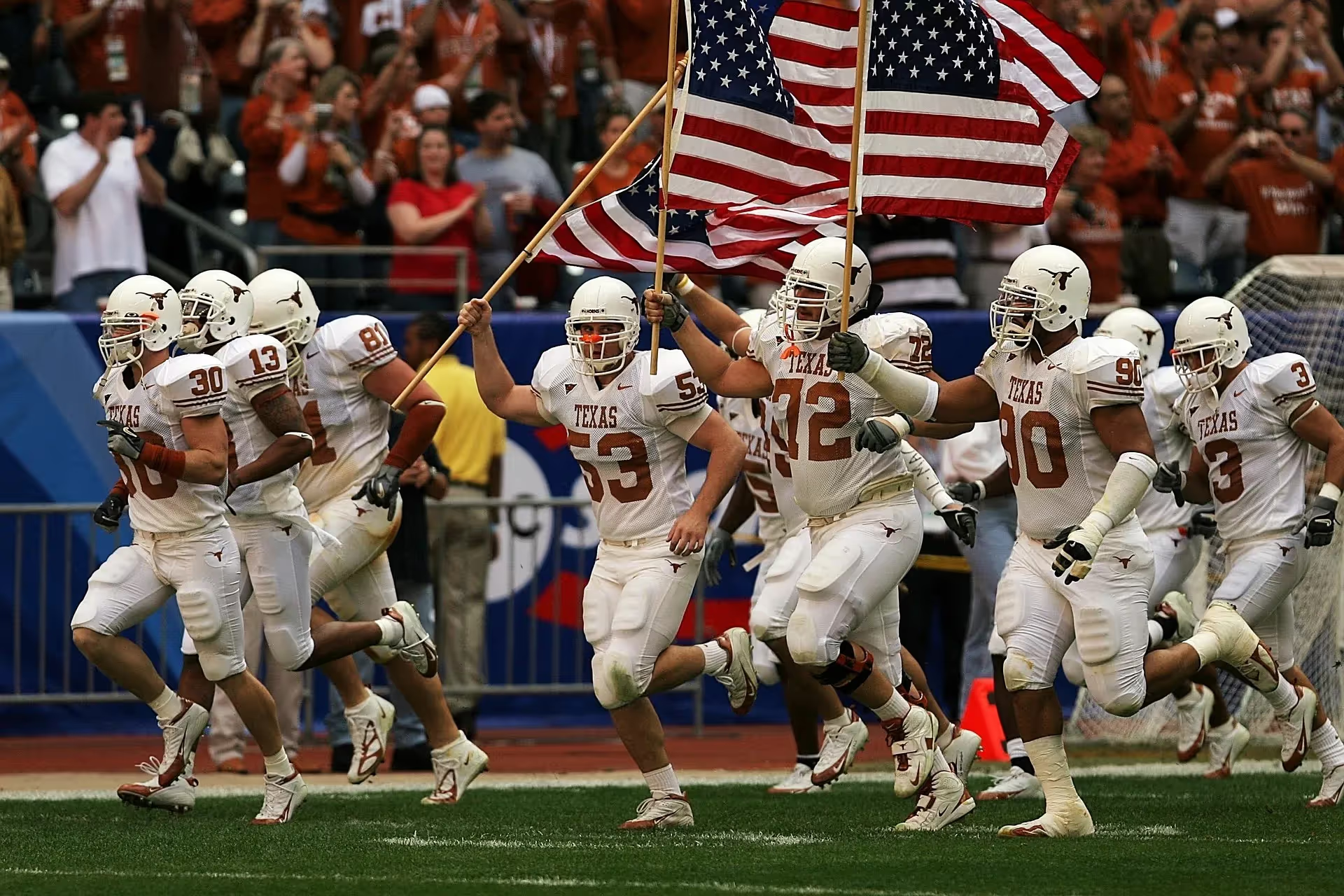A Day in the Life of a College Athlete: What to Expect and How to Prepare


Dreaming of becoming a college athlete? It's exciting, but understanding what daily life really looks like is key to preparing for success. College athletes balance academics, practices, games, and travel while performing at their best. Their schedules are demanding, but with the right preparation, they can thrive in this unique environment.
Let's explore what a typical day looks like for college athletes, how schedules differ across divisions, and practical ways to prepare for this journey.
The Daily Life of a College Athlete
College athletes follow structured, busy schedules that vary by division, sport, and season. Here's a snapshot of what their day typically includes:
NCAA Division I
- 6:00 AM: Weight training
- 8:00 AM: Recovery and breakfast
- 9:00 AM–2:00 PM: Classes (often scheduled in morning blocks)
- 3:00 PM–6:00 PM: Practice and team meetings
- 7:00 PM–9:00 PM: Study hall or homework
NCAA Division II
- 7:00 AM: Morning conditioning
- 8:30 AM–2:30 PM: Classes
- 3:00 PM–5:30 PM: Practice
- 6:30 PM–8:00 PM: Homework or part-time job
NCAA Division III
- 8:00 AM–3:00 PM: Classes
- 3:30 PM–5:30 PM: Practice
- Evening: More balanced time for homework, clubs, and social activities
Travel Demands of College Athletics
Travel is an essential part of college sports life:
- Day Trips: Leave campus in the morning, compete, and return by evening
- Overnight Trips (1–3 Days): Travel by bus or plane with scheduled team meals, film study, and recovery time
- Tournament Travel: National competitions can require extended time away from campus
Division I athletes typically spend 4–6 days per month traveling during season, with increased travel during championships.
How to Prepare for College Athletics
Success as a college athlete requires developing these key skills now:
- Master Time Management: Use a planner, prioritize tasks, and plan ahead for busy periods
- Build Fitness and Recovery Habits: Follow a structured training plan and prioritize sleep and nutrition
- Practice Independence: Learn to pack efficiently, manage your own schedule, and handle unexpected changes
- Stay Academically Proactive: Communicate with teachers about absences and request assignments in advance
Supporting Your College Athlete
Parents play an important role in student-athlete success by:
- Teaching practical life skills like budgeting and schedule management
- Providing emotional support while encouraging independence
- Staying connected through games or check-ins without micromanaging
Final Thoughts
The life of a college athlete combines amazing opportunities with real challenges. From early-morning workouts to travel days, balancing academics and athletics takes discipline and preparation. The skills you build during this time—time management, resilience, teamwork—will benefit you far beyond graduation.
Have questions about preparing for college athletics? Contact us today for personalized guidance on your journey to becoming a successful college athlete.
Launch Your College Journey Today

Dan
UC Berkeley • Rugby
"We had eight schools come back to us overnight after my player profile was sent out to coaches - and that was places I never would have dreamed of, like Harvard, Columbia, Brown, Dartmouth and obviously Berkeley."



